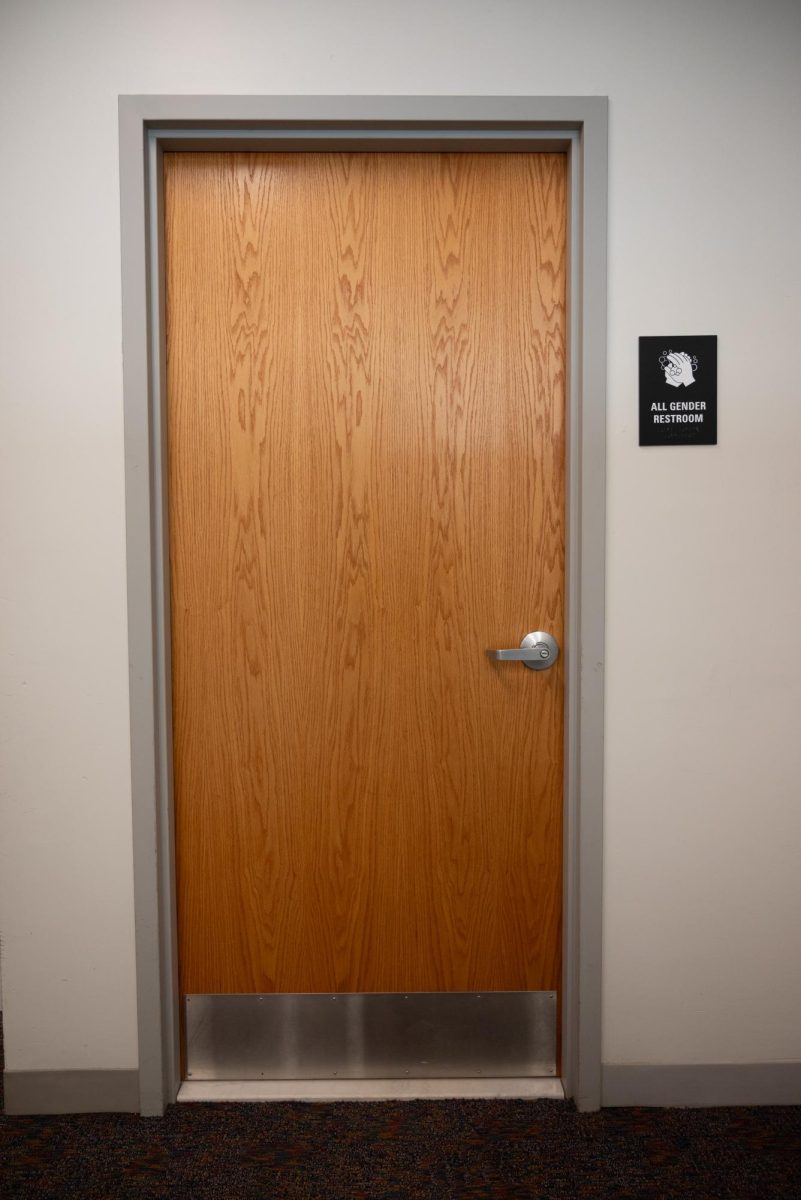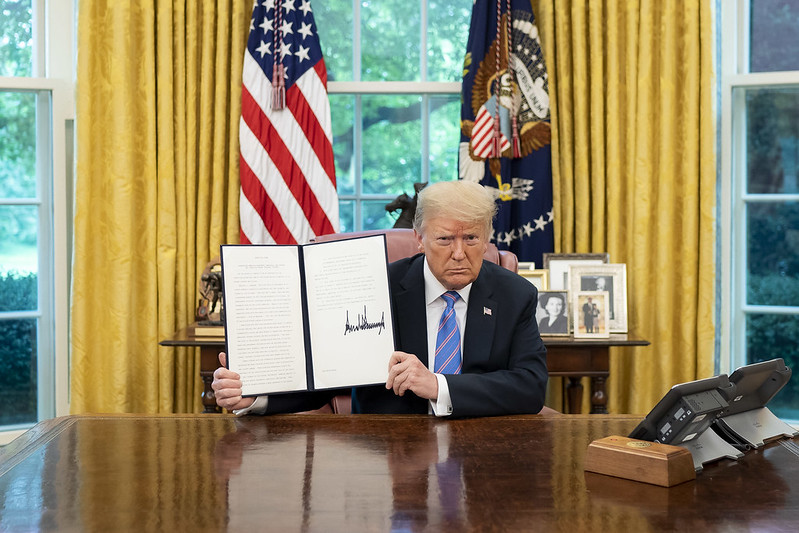By Nick Jacques, News Staff
Even the most casual observer of American politics has probably come to notice that over the last few years Democrats and Republicans have gone to extraordinary lengths to disagree. Putting ideology aside, and without arguing the merits of the blatant disregard for bipartisanship displayed by both parties, this is a fact that is difficult to dispute.
That is why I was ecstatic to recently learn that congressional Democrats and Republicans alike voiced support for preventing federal student loan rates from doubling in July, which they will do without congressional action.
Unfortunately, if it seems too good to be true in Washington, more times than not it is.
As rabid as the polarized politics are in a typical year in Washington, 2012 is an election year, which means every lawmaker in the District of Columbia will be turning the demagoguery levels up to the proverbial 11. Although election year politics make for good sound bites on cable news, some poor saps always gets stuck in the middle. Right now those poor saps are students.
Don’t get me wrong, this could turn out to be a very good election cycle for students. In an attempt to lure the ever-elusive college-aged voter to the voting booth, President Obama has made it a point to include ballooning tuition costs on his campaign platform. The issue has been one of his regular talking points since the beginning of 2012.
The problem is that when the issue is dragged into the national debate it’s politicized, and when it’s politicized, everyone loses. Both parties want to fund this measure in a method that the other side would never go for, thus forcing their opponents to vote against a popular measure.
House Republicans passed a bill last week that would freeze the rates, but President Obama has threatened to veto it. Yes, that is the same President Obama who has been campaigning, seemingly exclusively at times, to make college affordable for all Americans. The problem is the House bill would pay for the rate freeze by eliminating a preventative health fund, which is a key component to the Affordable Care and Patient Protection Act, aka Obamacare.
President Obama expended absurd amounts of political capital pushing Obamacare through Congress, and he isn’t going to let Congress unravel it, especially in an election year.
Senate Democrats have proposed an alternative. They want to finance the bill by ending some corporate tax subsidies. While raising revenue is a completely sensible way to pay for a much needed government program, the Democrats are putting student loans in jeopardy by attaching it to corporate tax policy, which has been a contentious issue.
So where does this leave us? For now, we’re all caught in the middle of a firefight, D.C-style. The no-tax-no-matter-what Republicans aren’t going to vote for the Democrats’ bill, and the Democrats aren’t going to vote for a bill that undermines one of Obama’s biggest achievements.
Instead, there will be weeks of bickering, which will probably result in a watered-down compromise. I’m not trying to make a bold prediction of the future; I’m just assuming history will repeat itself as it often does.
This is an issue that we cannot afford to politicize. Those of us paying for our education in part with federal loans have an obvious incentive to freeze rates, but this issue is even bigger than us. Young Americans are no longer academically outperforming our foreign counterparts. American innovation is what made the United States a superpower, and we will need to foster innovation to maintain our status in the world.
Lawmakers would be wise to put politics aside and solve this problem rationally. Unfortunately, wisdom and rationality are rare in Washington, especially during an election year.









